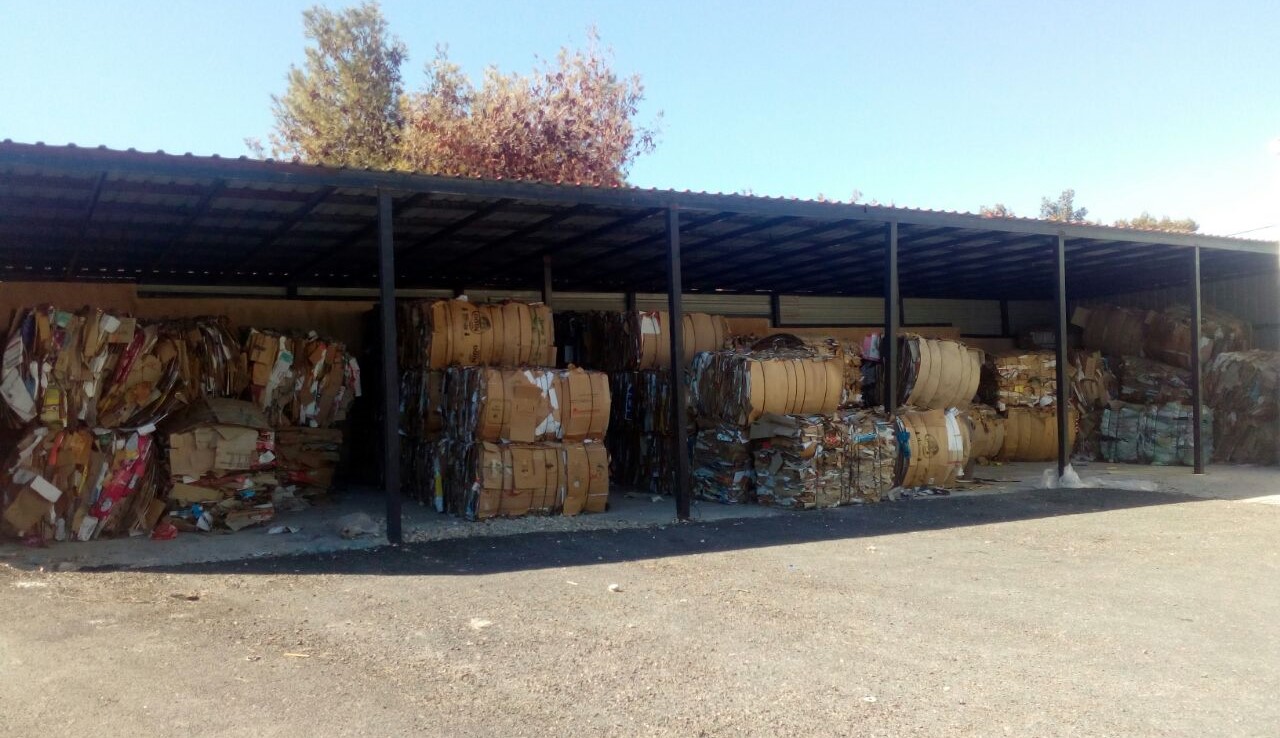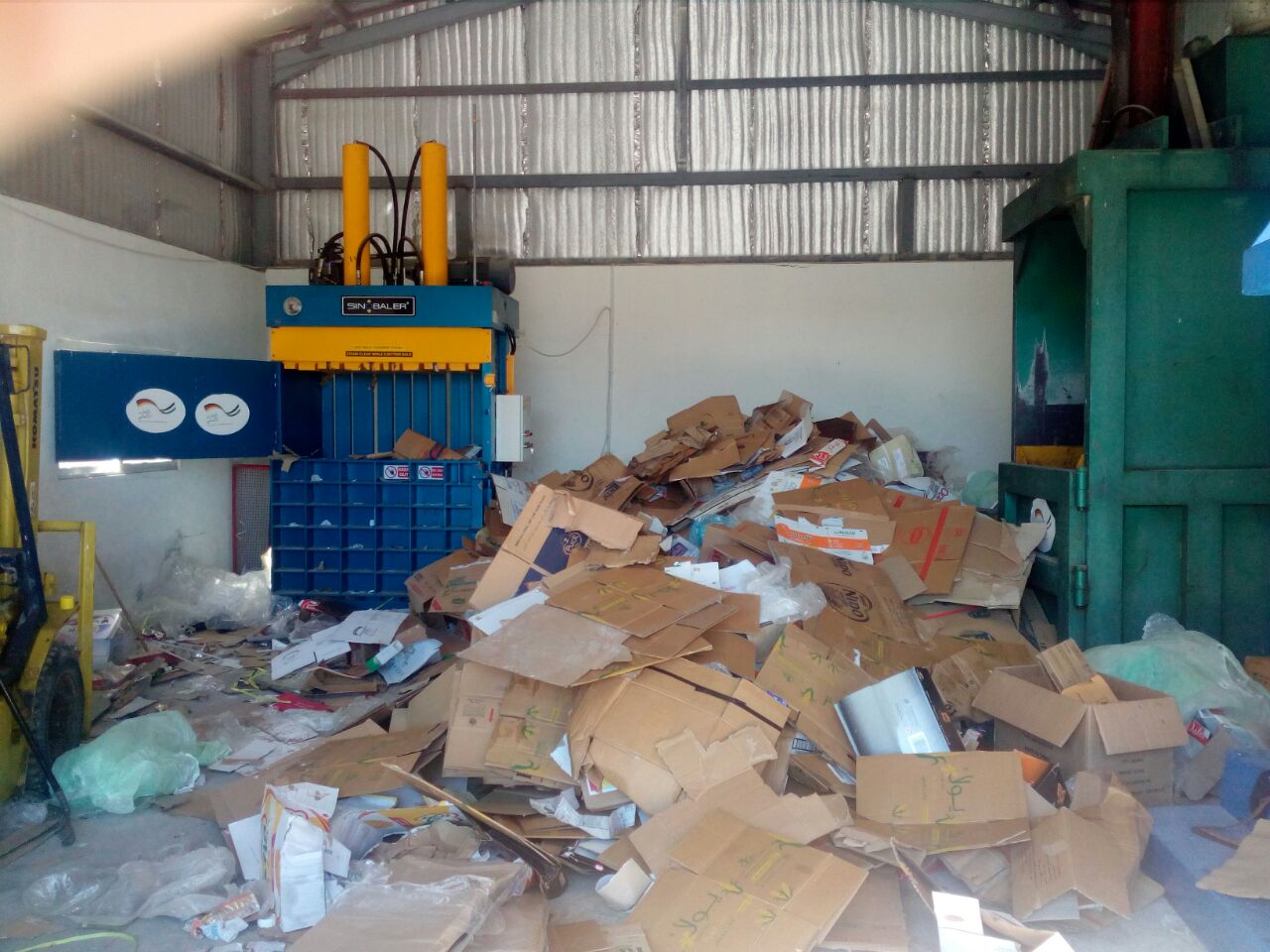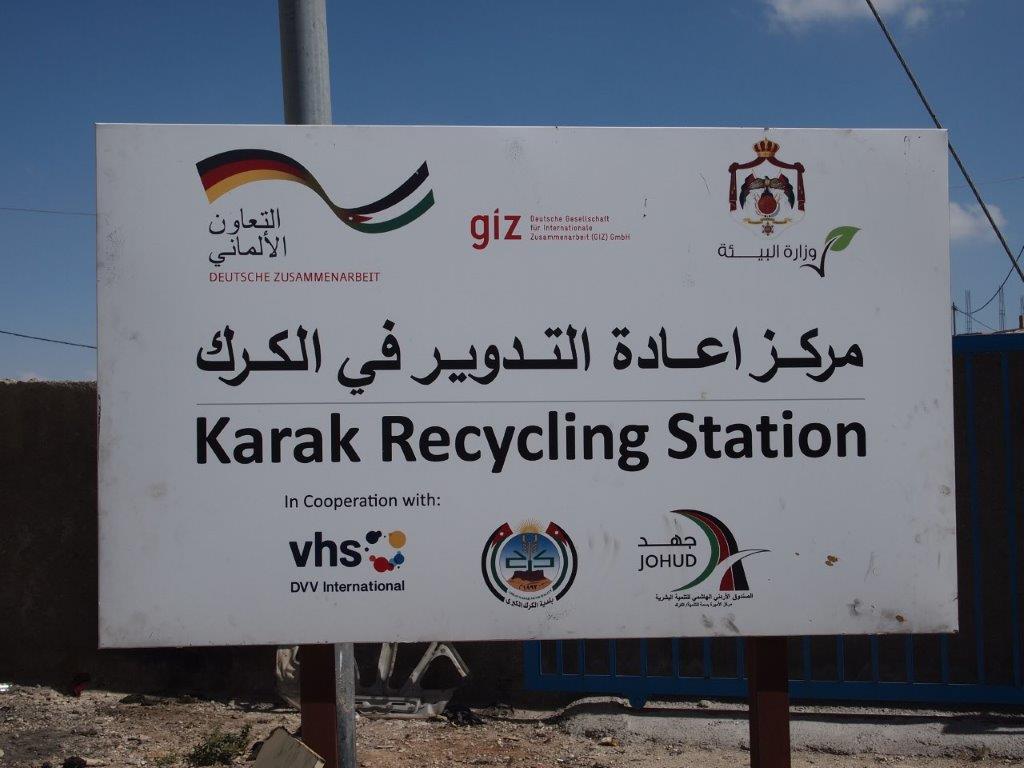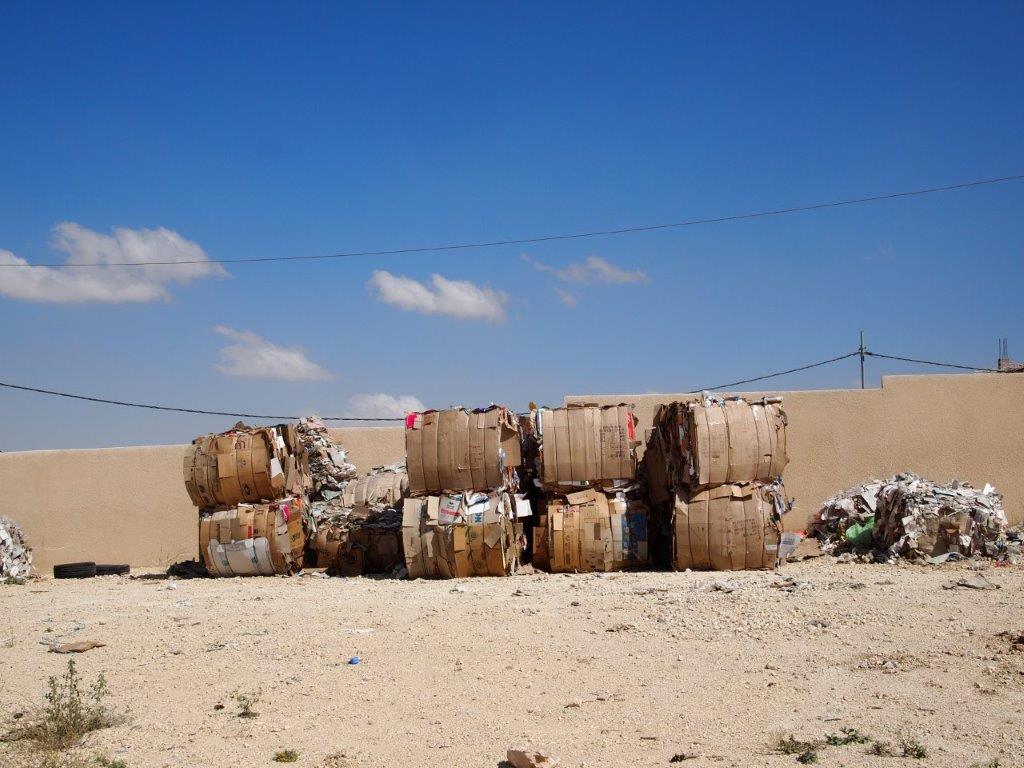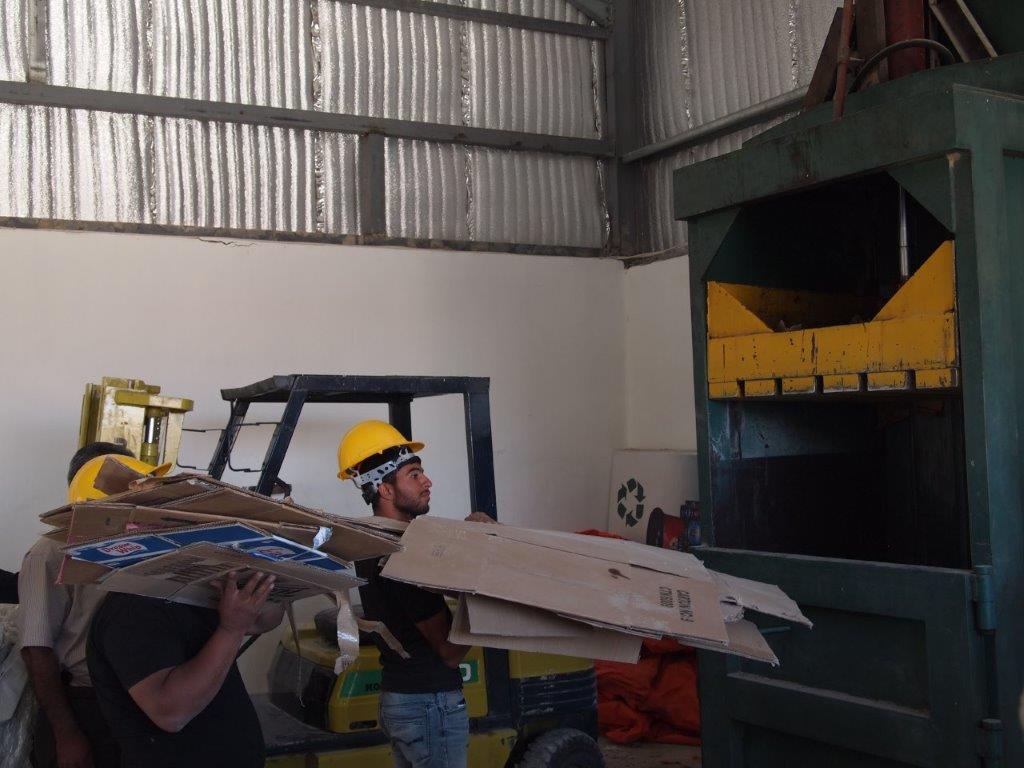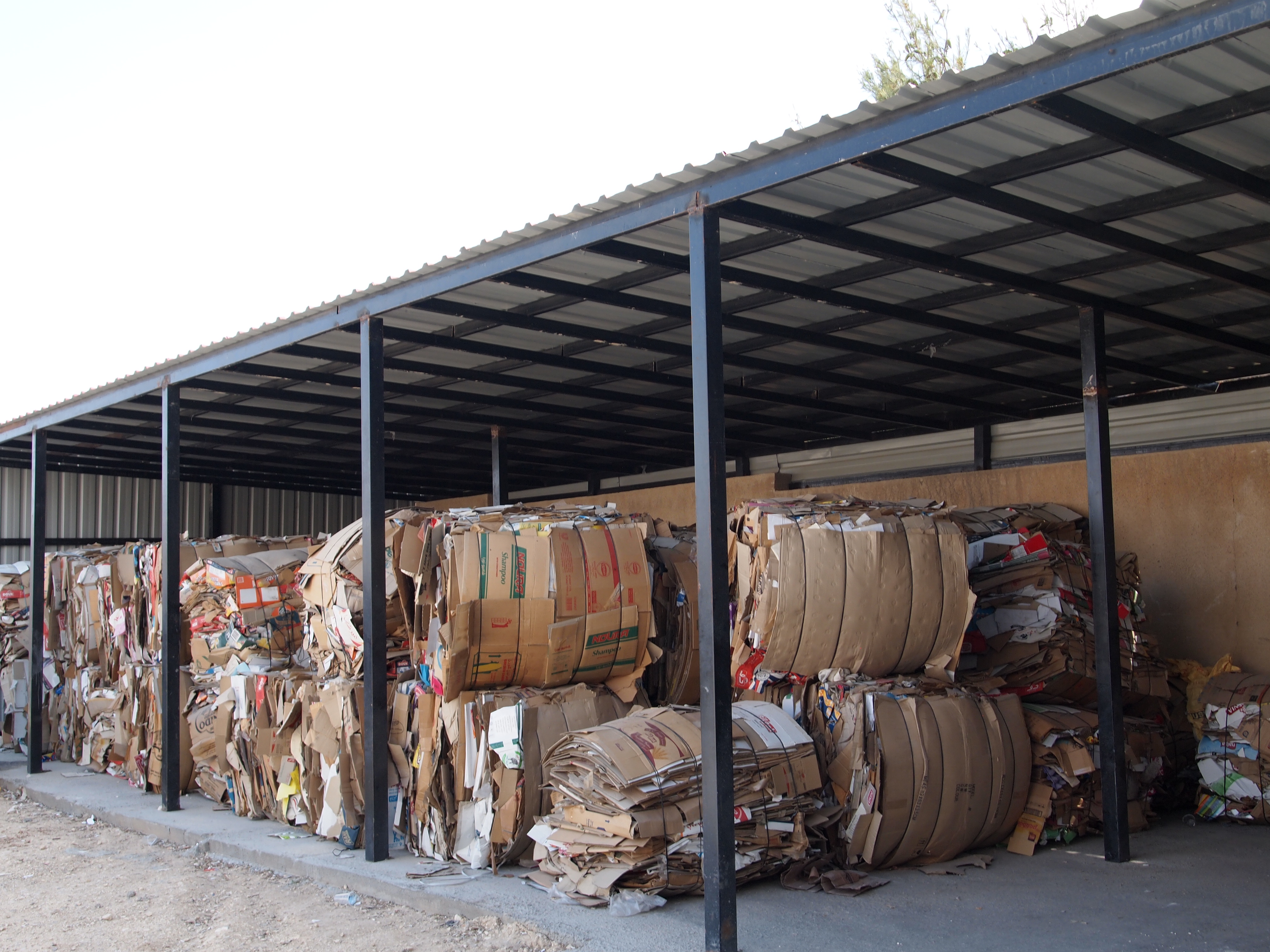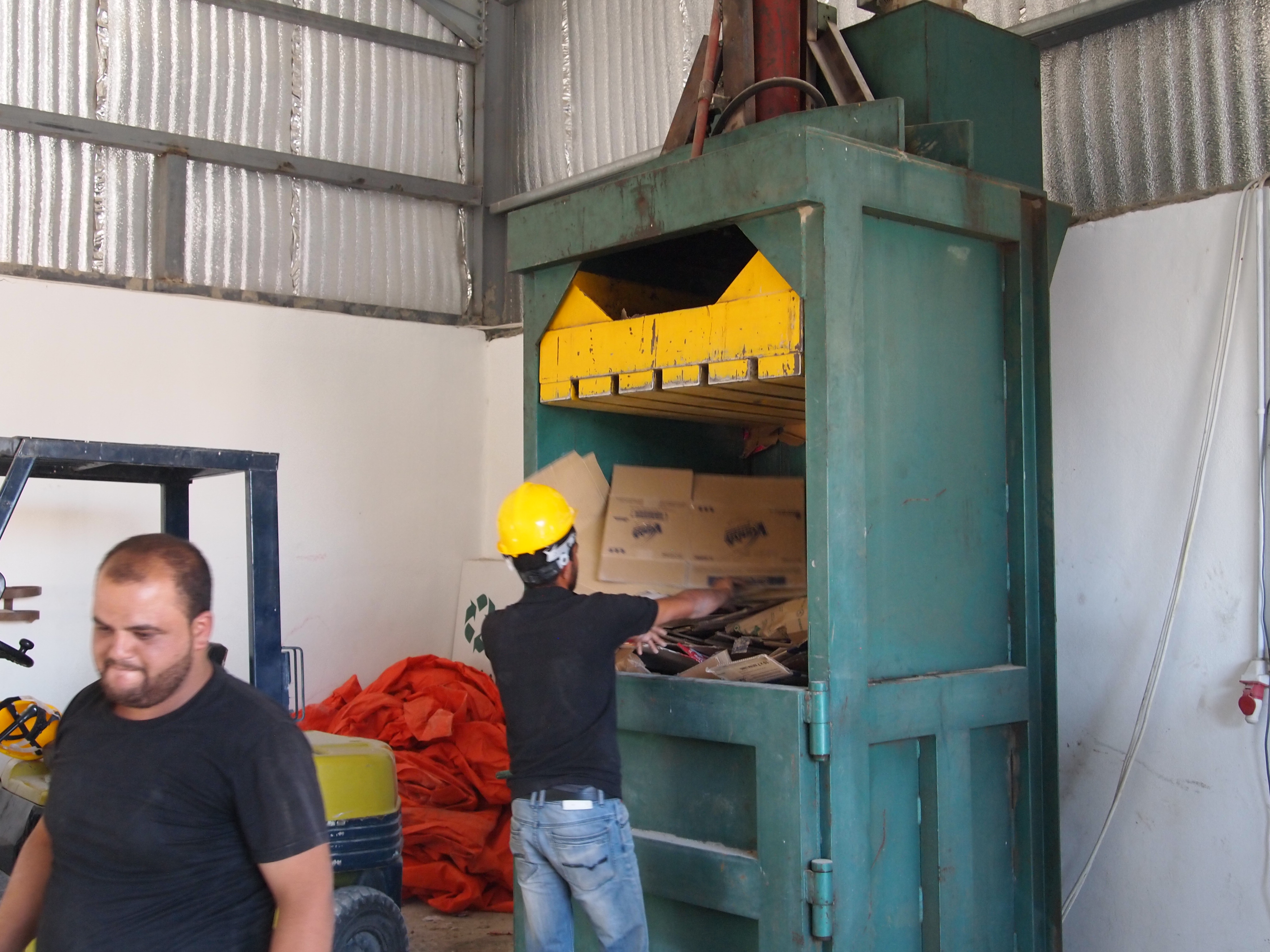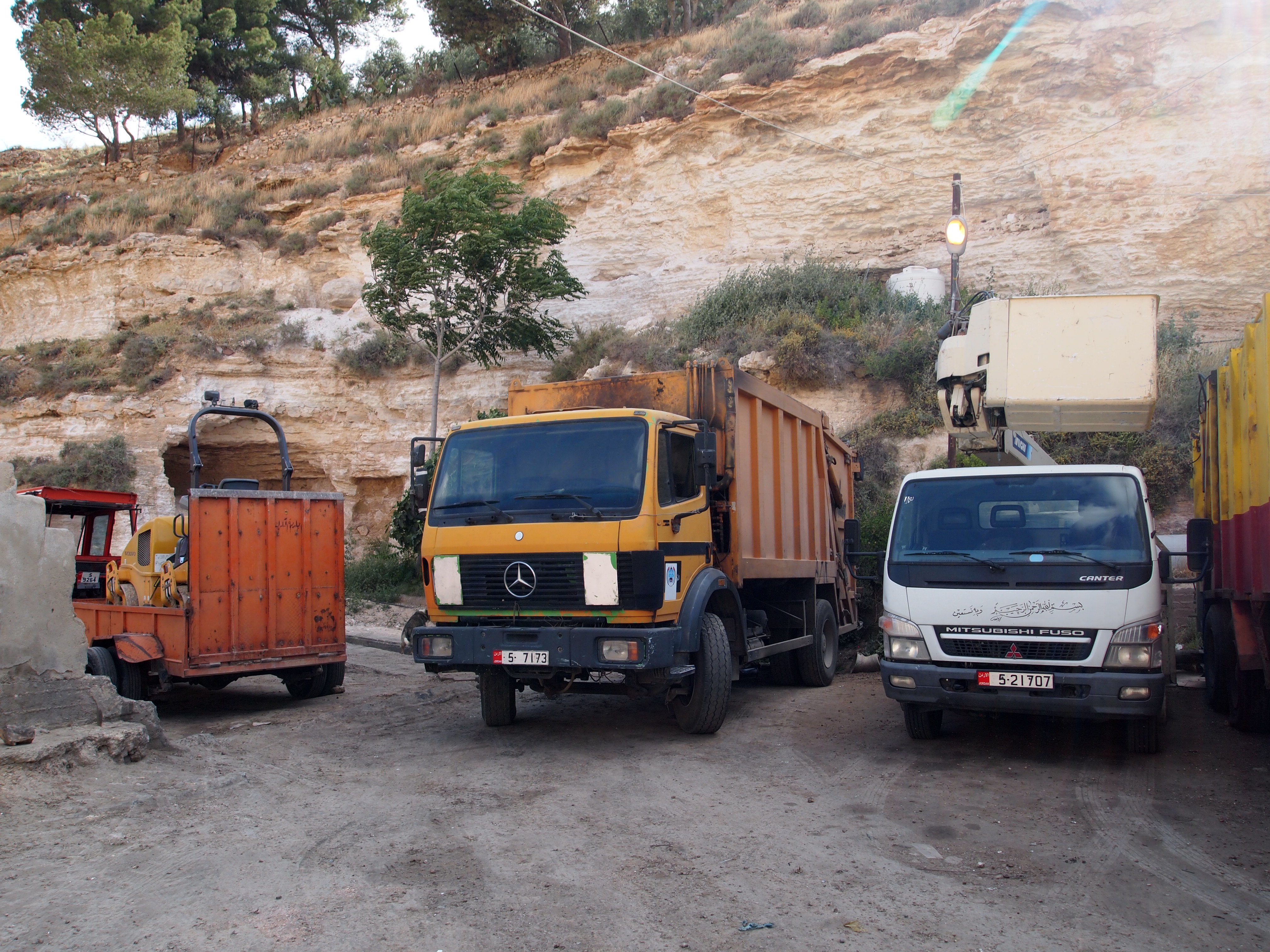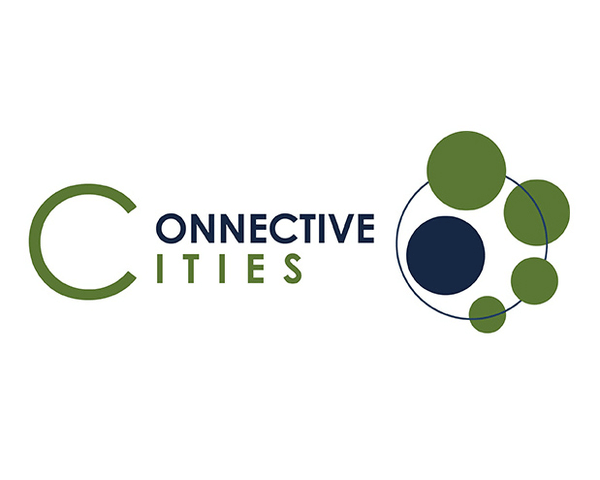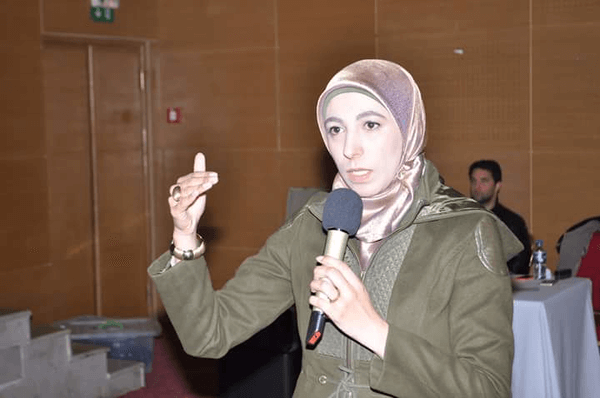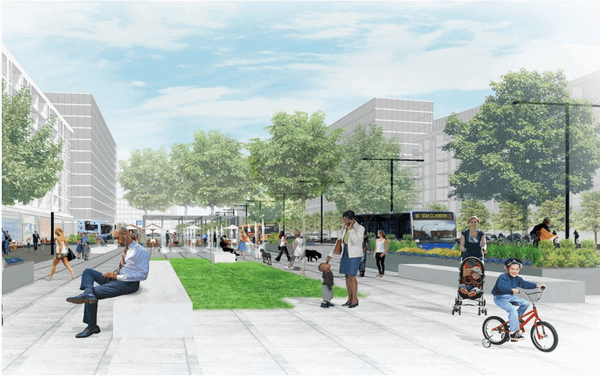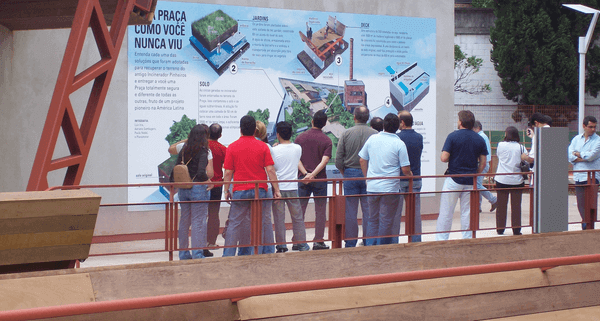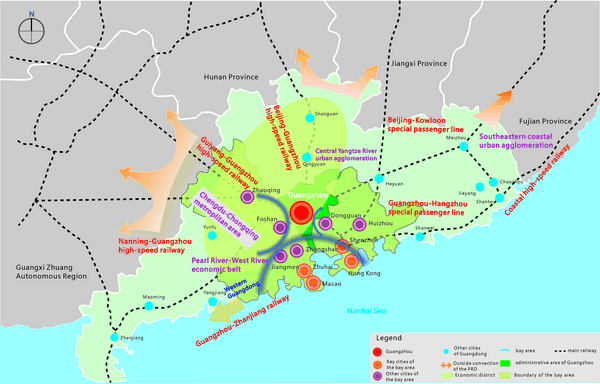Size and population development
Karak city covers an area of 3,495 km2, the 2015 census recorded a population of approximately 32,216, an increase of +4.01% from the 2004 census.
Population composition
17,811 (52.2%) of the population identify as male and 14,405 (47.8%) identify as female. Karak boasts a young population, approximately 50% are below 19 years and as such are school, college, or university students. Most of the population of the city are Muslims (75%) and there is also a significant Christian population (25%) – this highest in Jordan. Both unemployment and poverty are high.
Main functions
Karak city lies 140 kilometres to the south of Amman, the capital city of Jordan, on the ancient King’s Highway. It is situated on a hilltop 930 metres above sea level and has a view of the Dead Sea. The city is widely known for its Crusader castle, Karak Castle, one of the largest in the middle east region. Al-Karak has been inhabited since at least the Iron Age and today, the initial form of the city remains the same, with the city of Karak located on a hilltop next to its historical castle.
Main industries / business
The economy of Karak is primarily based on agriculture; The majority of households are involved in some form of subsistence farming- herding sheep and goats and on growing wheat and barley. Olives are grown for consumption and oil production both for domestic and commercial purposes. A number of fruits and vegetables are also staples of home food production such as grapes and apples. Karak is also known for its production of tomatoes, which are grown in the ghour and shafa ghour areas. The Karak Governorate is rich with natural resources. A number of minerals are extracted from the Dead Sea such as potash, bromine, magnesia, and other salts. Karak is also rich with marble, and limestone, in addition to a number of natural minerals that have not been exploited such as shale oil in the Lujoun area, and sulfur in the Lisan area, in addition to zeolites and dolomites. The mining sector is considered to be one of the main economic activities in the Karak Governorate, and contributes significantly to the country’s total exports.
Sources for city budget
The National government of Jordan and income taxation revenue
Political structure
Jordan is a constitutional monarchy, based whereby the Prime Minister of Jordan is head of government and of a multi-party system. The Constitution of Jordan vests executive authority in the King and in his cabinet. The King signs, executes, and vetoes all laws. Legislative power rests in the bicameral National Assembly. The National Assembly has two chambers. The Chamber of Deputies has 130 members, elected for a four-year term in single-seat constituencies with 15 seats reserved for women by a special electoral college. In addition nine seats are reserved for Christians and three for Chechens/Circassians. While the Chamber of Deputies is elected by the people, its main legislative abilities are limited to approving, rejecting, or amending legislation with little power to initiate laws. The Assembly of Senators has 65 members appointed by the King for a four-year term. The Assembly of Senators is responsible to the Chamber of Deputies and can be removed by a “vote of no confidence”. The judiciary is completely independent from the other two branches of the government.
Administrative structure
Administratively, Jordan is divided into twelve Governorates, each headed by a Governor appointed by the King. They are the sole authorities for all government Departments and development projects in their respective areas. Karak Governorate covers an area of 3,217km2 and is located in the southern region on Jordan. Karak Governorate is divided into 10 departments, Capital Department (al-Qasabah) includes the city of Al Karak and 35 other towns and villages.
Website
http://www.karak.gov.jo/
